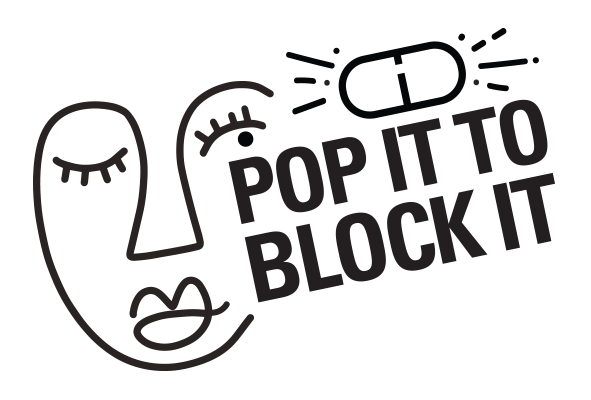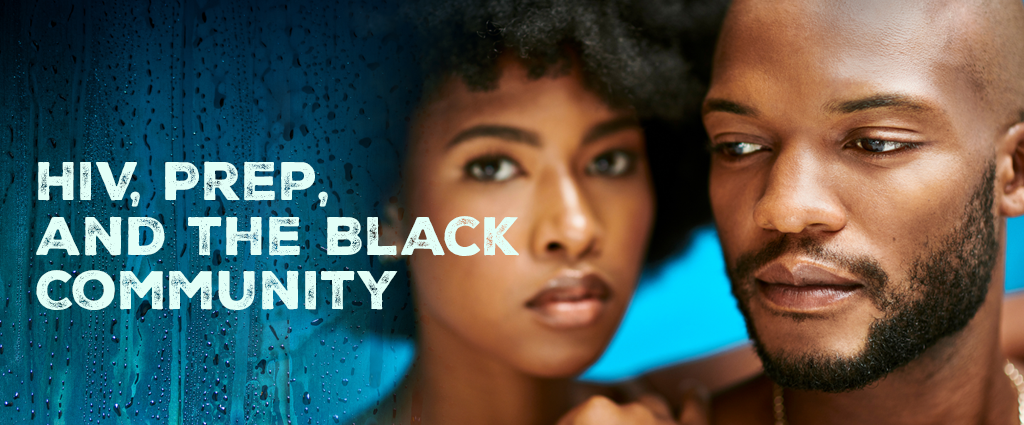Here in Cuyahoga County, the 2021 data (latest data available as of the writing of this) shows 125 of the 165 of the new HIV infections in our county were Black people, 110 being Black men. 143 men were diagnosed that year, meaning that Black men made up 67% of total new infections in Cuyahoga County, 77% of new infections among men, and 88% of new infections among Black people.
Sidenote: As I am writing this, even knowing this data, having analyzed this data, being asked about and reading it over and over, I am exasperated. I am tired. My hands catch my heavy head, fingers gently pressing into my temples, a shower of cold chill runs down each round bone in my spine, eyes sitting heavy, face in a frozen, old frown. It isn’t new, but it chips away at me. I’m not reading numbers; I am seeing faces. I am seeing the young man I met who debated between surgery that would essentially save his life or impossibly complicate his sex life. I think of the man, so young, I held as I delivered my first positive, as his body turned it a tremor, then a tidal wave, then an ocean of grief squeezing us both in that small, sterile office. I see the man I diagnosed at his kitchen table, his best friend turning into his mouth as he just froze, completely emptied of the laughing man I had just been talking about Cleveland food and corner store delis with. I see so many people that look like and love like me. I don’t see some distant 1980’s panic. I see now. I see an unending deluge of people singed by stigma and the ignorance of others. By everything our grandparent’s warned us about.
Read more: Where We Are Now with HIV
Why Are All the Black Kids Sitting Together?
1. Medical mistrust, medical racism, and medical professionals
Medical mistrust is so much more than just not trusting or listening to the advice of doctors. It is our grandmother’s and grandfather’s keeping themselves healthy then going to hospitals to die, quickly. It is the immediate dismissal and demonization of age-old practices of Black traditional practitioners, herbalists, and medicine people and the healing they imparted. It is part experience, part superstition; hospitals make you sicker, medicine doesn’t work, doctors don’t help, and more. It is Henrietta Lacks and all the other Black people used for medical advancement and experimentation with no credit, no safety, no humanity. It is the attitudes of medical professionals that dissuade Black people, especially Black queer people, to return to the office for care. It is looks, stares, negative attitudes, lack of patience, lack of respect, being talked down to or talked over, from the front desk to the provider. It is history. It is experience. It is still alive today.
2. Medicine for wellness, not to treat or cure
One of the most informative and disheartening things I learned this past summer at a Black Pride event was when a young queer person I was offering an MPOX vaccine to and they told me: “Why would I take medicine when I’m not sick? I don’t even get a flu shot and I never had the flu.” Is there any rebuttal stronger than experience?
3. Provider confidence
There are providers that have no confidence in PrEP, do not know about PrEP, are unsure of how to prescribe it, outsource patients creating another barrier, and some flat out refuse to prescribe it. There have even been patients, especially cisgender women, who have been told directly, “Oh, you don’t need that.”
PrEP is not more difficult to prescribed than any other medicine. It is a medicine prescription, 3 major labs (HIV, Basic Metabolic Panel, Hepatitis B) as well as other STI tests, a 1 month follow up for new patients (which is common for a lot of new meds), then three-four month follow ups from then on. If a person ops for the injection, they come in bi-monthly to get a shot. Really, that’s it. Not organic chem level complex. And many providers don’t want to be bothered.
4. Finances
HIV medication is expensive. The PrEP pill can be over $1800. The injection can be more than twice that amount. Someone who is uninsured can have an incredibly difficult time paying for a medication used for prevention. Most patients don’t know that there are programs that can get office visits, labs, and the medicine to $0. We must, somehow, do MUCH more than we are doing to inform people that there are programs that will get people PrEP because they want it. Ready, Set, PrEP is one such program, though they only cover the pills, thus far, and have a varying cost of labs and clinic visits, based on income if the patient doesn’t have insurance. In Ohio, we have the PAPI (Patient Assistance Program Intervention) program, which you can learn more about here. There are even more ways to get PrEP paid for, but they aren’t highly advertised or well known. Contact a PrEP Navigator to help you learn more about how to get PrEP.
5. Awareness
You can’t know what you don’t know that you don’t know until you know it exists at all. People need to know it exists
6. Disbelief
I once had a “debate” with a man at a health fair where he told me HIV wasn’t real. He got quite upset and began yelling in an open place on the street. He called me a few choice names, though nothing too mean. Others have told me they don’t think PrEP works. Some have even expressed that they think PrEP could give someone HIV. And as we know, there is a basis for this. Despite what we may think in the healthcare field, there are some people that just don’t want PrEP.
7. Unaware of HIV risk
To put it blunt, our sexual health education in this country is terrible. According to the Sexual Information and Education Council of the United States, only 29 states mandate sex ed, 35 require abstinence be stressed, 16 require condom demos, 15 don’t require evidence-based lessons, and “7 states have policies that include affirming sexual orientation instruction on LGBQT identities or discussion of sexual health for LGBQT youth” while “9 states explicitly require instruction that discriminates against LGBTQ people.” No wonder people have no clue about sex, especially healthy queer sex.
8. Access
Getting to appointments. Time off work. Childcare. Length of appointments. Mental health. Assistance programs being flakey. Navigating the healthcare system. Insurance companies that won’t pay for PrEP services despite it being the law. There are so many barriers and destroying them everyday as a PrEP Navigator can be exhausting, especially when parts of the healthcare system work against us, I could only imagine what it would be like as a patient by themselves, trying to navigate all of this.
9. PrEP Advertisement
PrEP was first advertised heavily to gay men, and anything that starts out as generally gay often aims to gay white men. For too long, the messaging was for only a portion of the community that needed it most, and only a portion of the greater population that STILL needs it. As we see, the fallout from that persist today. With all the issues above, we can’t sure how much this impacted PrEP uptake. Although ads got more diverse, they still leaned most heavily towards gay men. One time, at an LGBT center, I spoke to a recovery group about PrEP and one of the women said to me, “Ain’t PrEP just for gay dudes?” Black cishet women make up the majority of women who get new HIV infections. There is so much work to be done, even still.
10. HIV isn’t as bad as it used to be
This is true and this is GOOD! An unforeseen consequence is that queer youth see people with HIV and see that their lives aren’t derailed as we were taught when I was a kid, even in the early 2000s. It is truly frustrating that as we get out of this, one of the things that holds us back is how well we have done to make this better. So much so that kids in my sexual health class have said “it ain’t that bad.” It isn’t. True. So, let’s stop it altogether. HIV, like cancer, like diabetes, like any illness, sucks. People with illness don’t. They are still people. Dislike illness, not people.
There is much more that I could list, so much more. This list isn’t meant to be exhaustive, but it is a start to paint the picture as to why so many of us don’t access PrEP.
Have questions?
AKeem Rollins, MetroHealth – Call or Text 216.714.2223
Fiona Allan, University Hospitals
Call 216.286.7737





